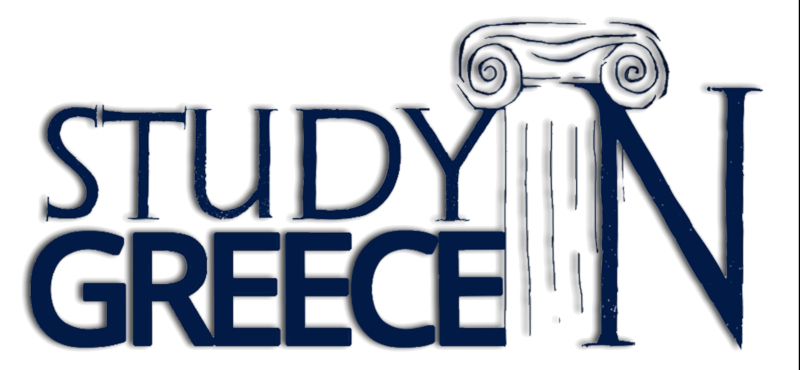Grigoris Poluxronidis, graduate of the Department of Accounting & Finance of AUEB won the silver medal in the Paralympic Games in Beijing in Boccia
 Grigoris Poluxronidis, graduate of the Department of Accounting & Finance of Athens University of Economics and Business and world champion in Boccia won the silver medal in the Paralympic Games in Beijing. The Greek athlete, after winning the Korean Ho Von Cheong with 4-1 in the semi finals, lost in the finals by the Korean Keon Woo Park with 3-2.
Grigoris Poluxronidis, graduate of the Department of Accounting & Finance of Athens University of Economics and Business and world champion in Boccia won the silver medal in the Paralympic Games in Beijing. The Greek athlete, after winning the Korean Ho Von Cheong with 4-1 in the semi finals, lost in the finals by the Korean Keon Woo Park with 3-2.
Boccia (BOCH-CHEE-AH) is a sport for athletes with a disability, which can be played on a recreational or competitive basis. Similar to bocce (or Bocci, or Boccie), which is a precision sport belonging to the boules sport family, closely related to bowls and petanque with a common ancestry from ancient games played in the Roman Empire, it is designed to be played by people with cerebral palsy and other locomotor disabilities affecting motor skills. It is a Paralympic sport, played in over forty countries worldwide. Boccia is governed by the Cerebral Palsy International Sport and Recreation Association. It is a sport at the Summer Paralympic Games, first included at the New York games in 1984. It is one of three Paralympic sports that have no counterpart in the Olympic program.
 The aim of the game is to throw leather balls - coloured red or blue (which side gets which is determined by a coin toss) - as close as they can to a white target ball, or jack. The jack is thrown first, then each side takes turns to propel their ball towards the jack. The balls can be moved with hands, feet, or, if the competitor's disability is severe, with an assistive device. At the end of each round, or end, the referee measures the distance of the balls closest to the jack, and awards points accordingly - one point for each ball that is closer to the jack than the opponent's closest ball. The team/player with the highest number of points at the end of play is the winner.
The aim of the game is to throw leather balls - coloured red or blue (which side gets which is determined by a coin toss) - as close as they can to a white target ball, or jack. The jack is thrown first, then each side takes turns to propel their ball towards the jack. The balls can be moved with hands, feet, or, if the competitor's disability is severe, with an assistive device. At the end of each round, or end, the referee measures the distance of the balls closest to the jack, and awards points accordingly - one point for each ball that is closer to the jack than the opponent's closest ball. The team/player with the highest number of points at the end of play is the winner.
Boccia can be played by individuals, pairs, or teams of three. The number of ends and balls in each end depends on the side makeup. Individual competition consists of four ends and six balls per player per end, whilst paired competition is four ends and six balls per pair per end (three per player). Team competition is six ends, and six balls per team per end (two per player).
To be eligible to compete in Boccia, athletes must be disabled as a result of cerebral palsy, or another neurological condition that has similar effects, such as muscular dystrophy or traumatic brain injury. Players are examined to determine the extent of their disability and then assigned to a sport class, designed to allow them to compete against other athletes with a similar level of physical function.
Boccia players are assigned to one of four sport classes depending on their functional ability:
- BC1 - Players in this class throw the ball with the hand or foot. They may compete with an assistant to stabilize or adjust their playing chair and give the ball to the player when requested.
- BC2 - Players in this class throw the ball with the hand. They are not eligible for assistance.
- BC3 - Players in this class have a very severe physical disability. They may use an assistive device such as a ramp to deliver the ball. They may compete with an assistant. Assistants must keep their back to the court and their eyes averted from play.
- BC4 - Players in this class have other severe physical disabilities. They are not eligible for assistance.
Competitions are organized locally, regionally, nationally, and internationally. The international competition calendar is based on the Summer Paralympic Games quadrennial, with international regional championships in the first year, world championships in the second year, world cup, in the third year, and the Paralympic games in the fourth year.
There are approximately 200 internationally-ranked boccia players. Athletes from 29 countries attended the 2006 Boccia World Championships. The Iberian countries have conquered most of the medals as both Portugal and Spain dominate the sport.





